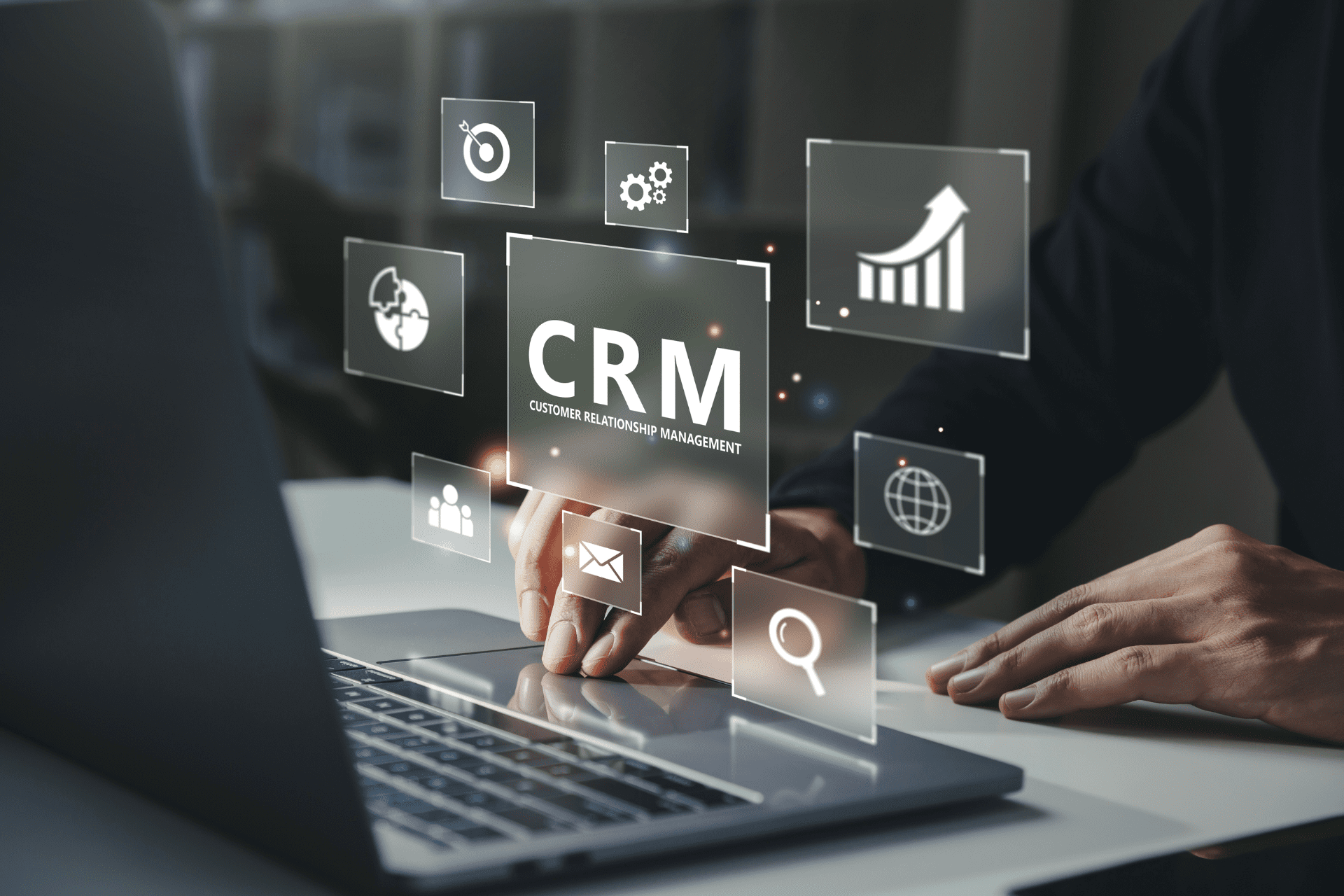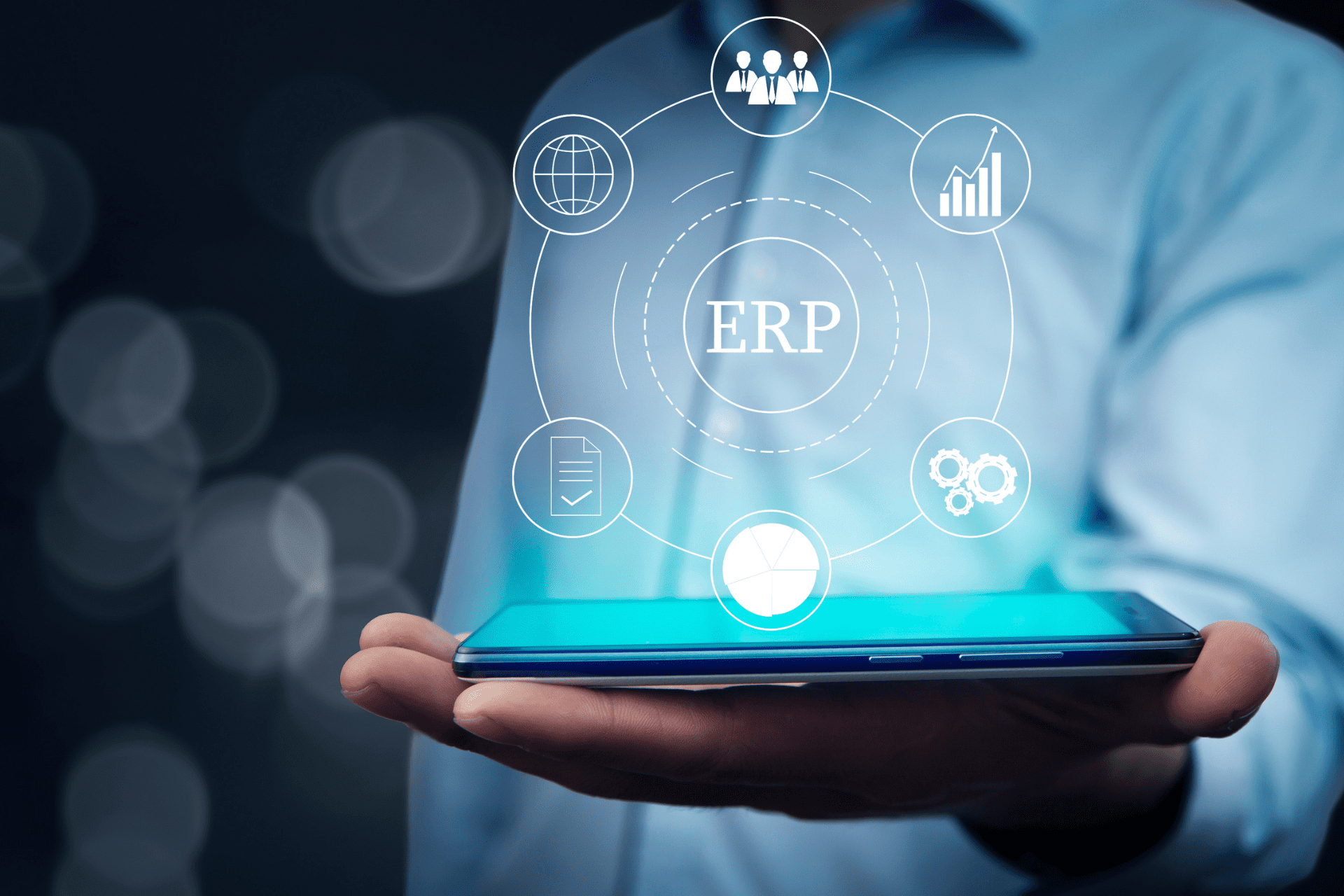Share
Read also

Trends & Views
Digital transformation strategies

Business Software
CRM 2025 market: Response to increasing customer demands

Business Software
Understanding the ERP lifecycle management

Mobility
How is EM shaping the way SMBs operate?
While your SMB has managed to come so far without using an ERP solution, you now need to look into the future and seriously consider acquiring one. And since it takes an important amount of time to choose and deploy such a solution, it is prudent to have some basic criteria in mind. Read below to find out more.
Usability
There is no way any system can be successful, if the end-users cannot fully utilize its features, especially so when it comes to cutting-edge ERP solutions. In order for employees to adopt a solution with the minimum amount of resistance, executives need to ensure in advance that they have opted for a solution that is easy-to-use. As an SMB, it is easier to choose a solution that meets your needs and then ask your vendor to customize it accordingly.
Scaling
Although you may have an accurate view of your present needs, you can never be certain of what the future holds. So, you need to be properly prepared. Consult your vendor to find out more about the tactics and the potential of businesses with similar size, both for the present and the future. Then, carefully study the prospects of the ERP solution you have chosen in terms not only of scaling-up, but scaling-down as well.
Compliance with standards
All businesses are expected to comply with specific regulations. A typical example would be tax or environmental regulations, depending on the industry. Your ERP system can help you meet these compliance requirements, thus saving you time and money.
Development tools
Another important issue for SMBs is their expansion to new markets. Some of the most effective ideas for expansion include franchising, the creation of an online presence and international sales. Your ERP system should offer a variety of tools that can help your company with its business development strategy, ranging from data collection and marketing to sales reports.
Features
Once you find the right vendor that can also offer you the support you need, it is time to check the system features. Decide which features are most important to your business and test their functionality. Will the standard set of features be enough to meet your needs? Are you planning to use extra and/or customized features? Finally, will you be needing specific modules from the start or can you leave them for later?
It’s cloud time!
Until recently, many small and medium-sized businesses were very reluctant when it came to investing in an ERP solution, given that an on-site installation required very expensive hardware and server space. Cloud-based ERP offers the solution to this problem. Now, SMBs can actually take advantage of ERP’s benefits, since vendors are the ones providing all the required maintenance and upgrading support against a monthly subscription fee. This is the ideal solution in terms of cost, as it offers the lowest possible TCO in the long run.






